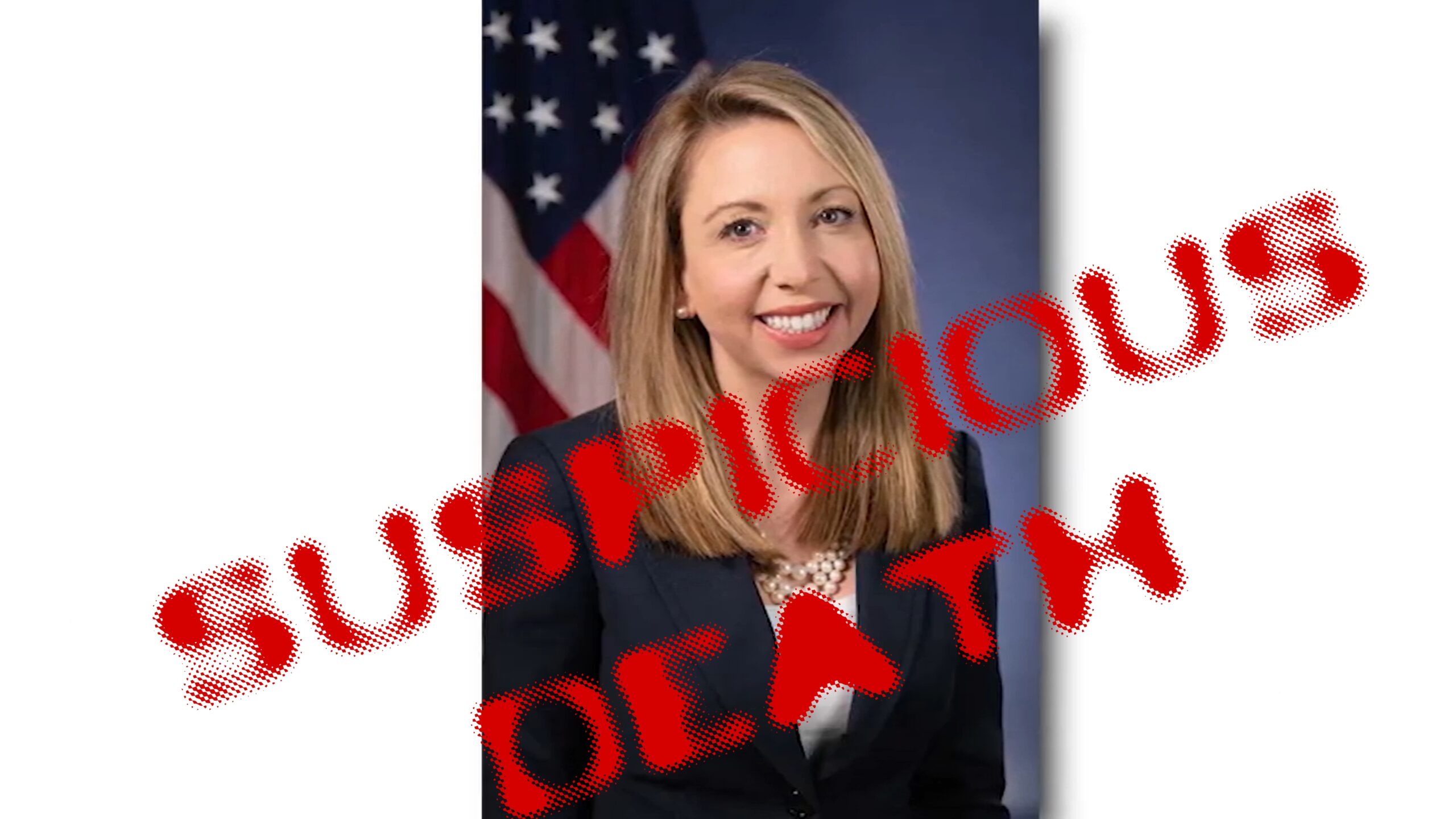The Shadow Over Jessica Aber: A Death Too Convenient?
Updated Story:
Jessica Aber, the former U.S. Attorney for the Eastern District of Virginia, was found dead in her Alexandria home on March 22, 2025, at just 43 years old. The official line? An investigation is underway, cause undetermined. But let’s not kid ourselves—her sudden demise, mere months after resigning in January 2025 following Donald Trump’s inauguration, reeks of something darker. Aber spent years prosecuting some of the most sensitive cases in America—national security breaches, corporate espionage, Russian-linked technology transfers. She swam in waters teeming with sharks: foreign spies, corporate titans, and political operatives. Her death isn’t just tragic; it’s suspiciously convenient. Here’s why we should question the narrative.
Aber’s tenure was a gauntlet of high-stakes battles. Her office nailed a former CIA analyst in 2024 for leaking classified secrets—a case that likely ruffled feathers in Langley and beyond, possibly as far as Moscow. She also targeted networks smuggling cutting-edge tech to Russia, dismantling operations that tied shady U.S. firms to Kremlin interests. These weren’t petty criminals; they were players with deep pockets and deeper grudges. Did she uncover something too big—names too powerful—to let her walk away? Her resignation after Trump took office might hint at pressure from a shifting political landscape, but her death suggests someone didn’t trust her to stay quiet.
Picture this: a Russian SVR squad, green-lit to silence a woman who knew too much about their tech pipelines. A tasteless, untraceable poison slipped into her coffee—polonium’s old news; they’ve got subtler toys now. Or maybe it was a corporate hit. Those tech transfer cases threatened billions; a CEO with a private jet and a mercenary on speed dial could stage a “natural” death—potassium chloride to the heart, no mess, no fuss. Then there’s the D.C. angle. Aber served under Biden; her office might’ve probed election-adjacent crimes that clashed with the new administration’s allies. A rogue insider, loyal to the incoming regime, could’ve tied off a loose end with a discreet overdose, her resignation merely delaying the inevitable.
The timing’s too perfect. Two months out of the spotlight, no longer flanked by security, she’s vulnerable. The Eastern District’s a stone’s throw from the capital’s underbelly—spies, lobbyists, and worse. If she kept files, notes, or plans to whistleblow, that’s motive. The police say there’s no sign of a struggle, but pros don’t leave fingerprints. A staged medical emergency fits the bill—stress from her job, they’ll claim, ignoring the enemies she made.
Follow Us On X @NewswirePatriot
Follow the Author on X: @Maga4liberty
Click HERE for the next post from Mark Lewis






